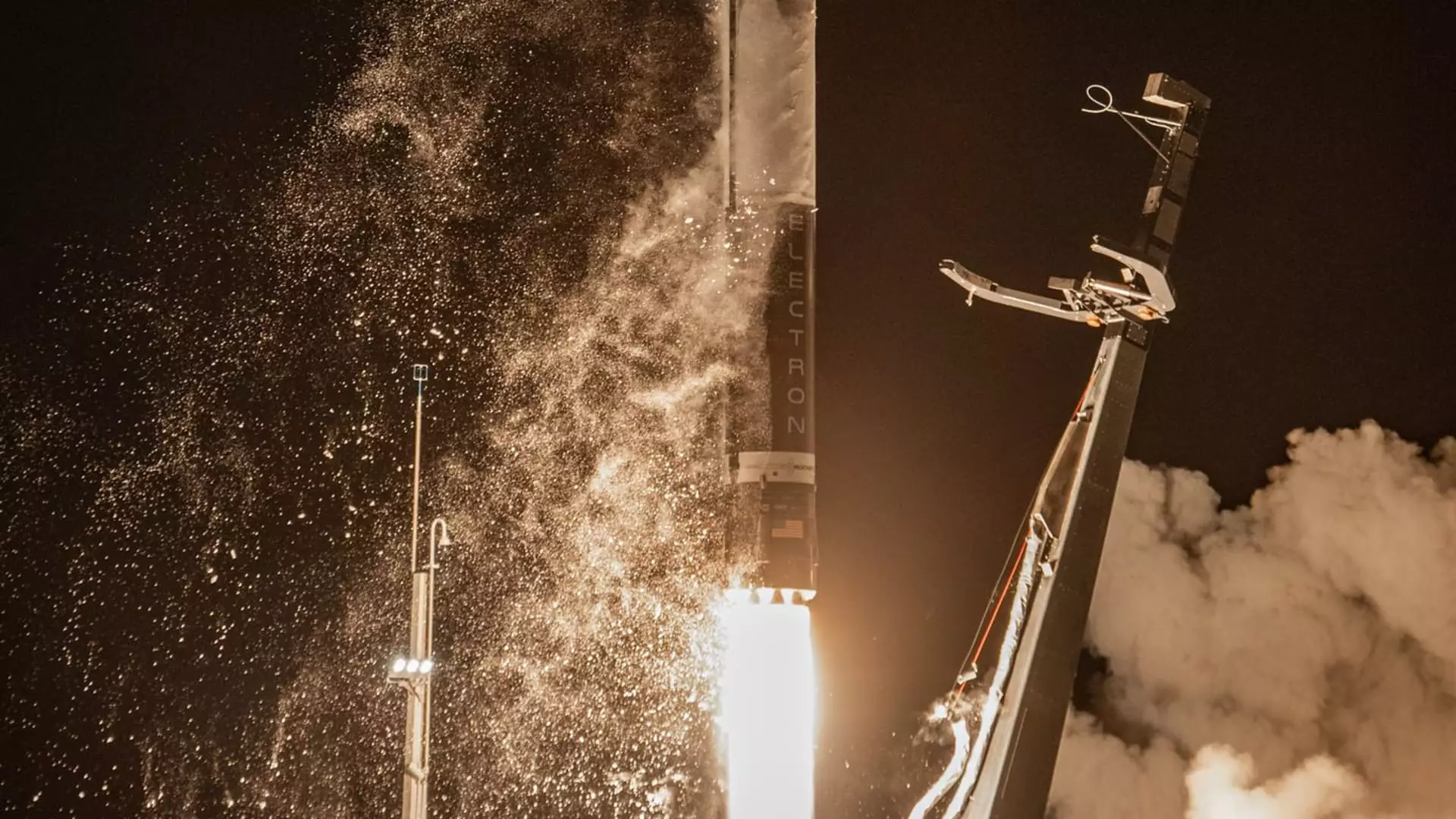Rocket Lab, a renowned aerospace company, experienced a significant setback with its 41st Electron rocket launch. The mission, carrying the Acadia 2 satellite for Capella Space, failed only a couple of minutes into the flight. This incident marks the first mission failure for Rocket Lab in over two years, casting doubt on the company’s reliability and dampening investor confidence.
Rocket Lab confirmed that the root cause of the launch failure is currently under investigation in collaboration with the Federal Aviation Administration. The issue appears to have arisen during the separation of the rocket’s first and second stages. The company expressed its deep regret and apologized to its partners at Capella Space for the loss of the mission. This failure resulted in a substantial decline in Rocket Lab’s stock price during premarket trading, dropping by as much as 26% from its previous close of $5.04.
As a consequence of the launch failure, Rocket Lab announced a postponement of its 42nd Electron mission, which was initially scheduled for launch before the end of the third quarter. The company aims to resolve the issues that led to the failure and hopes to provide revised third-quarter revenue guidance in the near future. This delay in launching further hampers Rocket Lab’s financial performance, as it had forecasted approximately $30 million in launch services revenue for the third quarter.
Rocket Lab’s recent failure comes as a shock, considering the company’s impressive track record of successful launches. Prior to this incident, Rocket Lab had been one of the most reliable U.S. rocket companies, second only to Elon Musk’s SpaceX, with a string of 19 consecutive successful launches spanning over 28 months. Such a setback raises concerns about the overall reliability of Rocket Lab’s rocket technology and operational procedures.
The fallout from this launch failure may have far-reaching consequences for Rocket Lab both in terms of reputation and financial performance. Reliability is a crucial aspect of the space industry, and any failure can tarnish a company’s image and make potential customers wary. Rocket Lab’s ability to attract future contracts and secure new partnerships may be hindered as a result of this setback. Furthermore, the decline in the company’s stock price suggests that investor confidence has been shaken, necessitating a path to regain trust and restore faith in Rocket Lab’s capabilities.
The duration of the investigation and subsequent grounding of Rocket Lab’s rocket remains uncertain. The complexity and severity of the problem will determine the length of time required to identify and rectify the issue. Following a previous launch failure, Rocket Lab managed to launch its subsequent Electron mission after a 70-day interval. However, it remains to be seen how long the current setback will persist before Rocket Lab can resume its launches and restore its reputation as a reliable provider of launch services.
Rocket Lab’s first launch failure in over two years serves as a stark reminder of the inherent risks and challenges associated with space exploration and rocket launches. The company’s reputation has been dealt a blow, and its financial performance will likely be negatively impacted. The important task at hand for Rocket Lab is to learn from this failure, address the root cause of the issue, and take the necessary steps to regain trust from customers and investors alike. Only then can Rocket Lab recapture its position as a leading player in the competitive and unpredictable space industry.


Leave a Reply